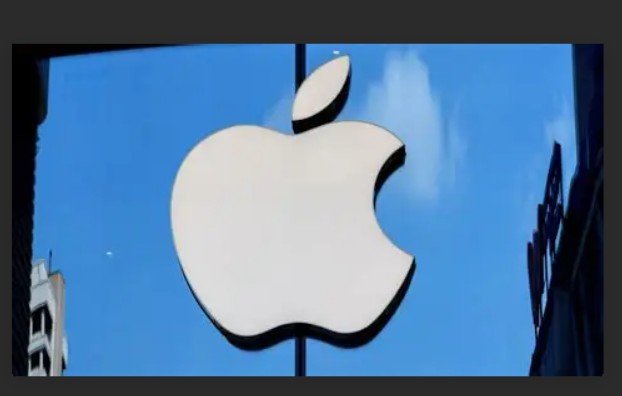Apple Updates App Store Rules, Enforces New Restrictions on Sharing User Data With AI
New App Store rules mandate explicit user consent for AI data sharing and crack down on copycat apps.
New Delhi, Nov 14 : Apple has introduced a sweeping update to its App Store Review Guidelines, placing stronger emphasis on user privacy, AI data transparency, and the elimination of misleading or copycat apps. The changes, which Apple rolls out periodically, are unusually direct this time and address fast emerging issues surrounding artificial intelligence and app authenticity.
At the core of the update is a new privacy mandate under guideline 5.1.2(i). Developers are now required to clearly disclose if an app sends user data to any third party AI service and must seek explicit user permission before doing so. With AI-powered features rapidly expanding across app categories, Apple wants to ensure that users understand exactly how their data is being used and where it is being sent.
Another major pillar of this update strengthens Apple’s crackdown on look-alike apps. A newly added rule prohibits developers from using any other app’s name, brand, or icon without formal approval. The move follows a surge of copycat versions of OpenAI’s Sora 2 app, which flooded the App Store within hours of its release. Apple removed or renamed the clones, but the incident underscored the growing problem of app impersonation and user confusion.
The updated language reinforces two existing expectations: developers must create original designs and interfaces, and submitting apps that imitate others can result in removal from the Apple Developer Program especially under Europe’s stricter notarisation regulations.
Beyond these headline changes, Apple has updated several other sections of its guidelines. Content-creator apps must now include tools to flag material that exceeds their age rating, placing it behind verified or declared age gates. The same rules apply to mini apps and mini games built with HTML5 or JavaScript.
Loan-related apps have also been assigned clearer limits. They must not offer annual percentage rates above 36%, nor can they impose repayment periods of 60 days or less. Crypto exchanges have been added to the list of heavily regulated categories, meaning developers must follow more stringent compliance requirements.
Apple has also removed outdated language discouraging empty ad placeholders and clarified that apps offering software not embedded in the app binary cannot access native APIs without permission. These apps must also respect the new age-restriction rules.
Overall, the latest set of updates signals Apple’s sharper stance on user privacy, AI transparency, and app originality—a combination the company says is essential to maintaining trust in the App Store ecosystem.




